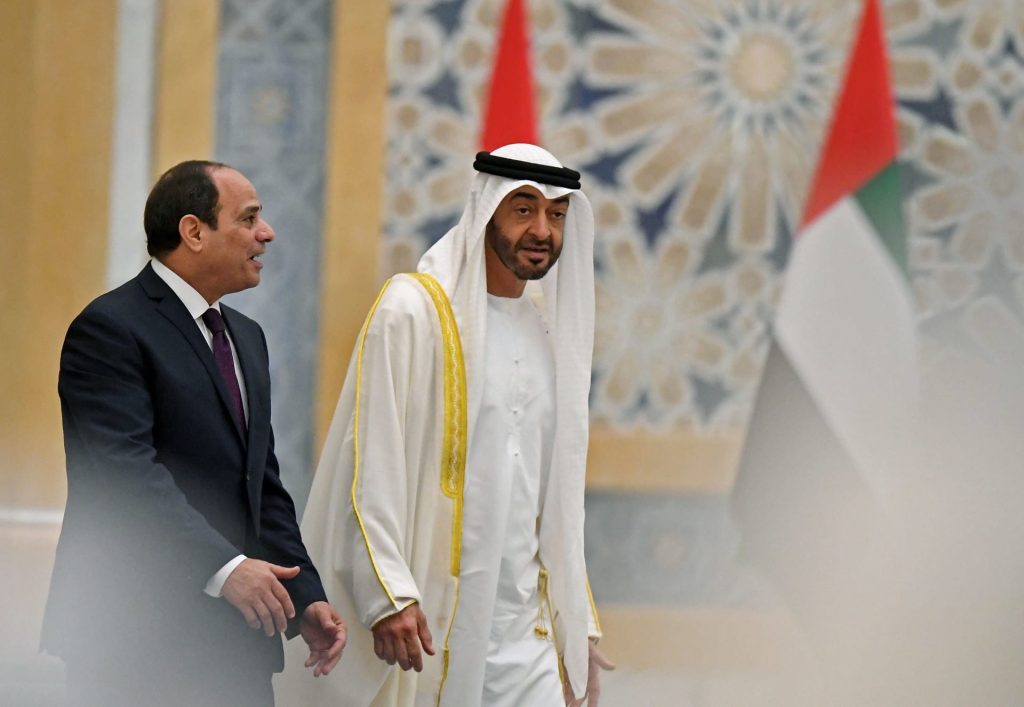Watan-Egyptian President Abdel Fattah El-Sisi’s concerns have been growing since the fall of Bashar al-Assad’s regime in Syria, prompting him to engage in a series of regional moves that included intense visits and meetings with his regional allies. These actions come at a time when the Middle East is witnessing major changes, raising Sisi’s fears about the stability of his regime and the future of his rule.
During a brief visit to Abu Dhabi, Sisi met with UAE Crown Prince Mohammed bin Zayed, one of his most prominent financial and political supporters. Their discussions focused on developments in Syria, especially following the overthrow of Assad’s regime and the potential reshaping of regional alliances. While Bin Zayed, who has turned Egypt into a sphere of Emirati influence through generous financial support, expressed his backing for Sisi, he did not offer clear solutions to the mounting challenges facing the Egyptian regime.
Additionally, Sisi and Bin Zayed discussed the impact of the ceasefire agreement in Gaza, which followed a prolonged war that drained the Israeli occupation and exposed the complicity of some regional actors, including the UAE and Egypt, in supporting Israeli aggression. As the truce takes effect, Sisi appears concerned about its political repercussions, particularly amid growing criticism of his government’s role during the war.

After leaving the UAE, Sisi traveled to Benghazi to meet with Field Marshal Khalifa Haftar, the commander of the Libyan National Army. This meeting between the two allies followed a three-year hiatus and took place at a time when Libya is undergoing significant transformations. The Tripoli-based government, led by Abdul Hamid Dbeibeh, has begun to align with the new Syrian regime under the leadership of Golani, a development that has alarmed Sisi.
The increasing activity of militias loyal to Dbeibeh’s government in eastern Libya adds to Sisi’s fears of these groups exploiting the volatile situation to reshape the Libyan landscape in ways that threaten the stability of Egypt’s borders. Sisi is also worried about the possibility of this political momentum spilling into Egypt itself, where public unrest is simmering due to ongoing economic and social crises.
Sisi’s maneuvers reveal his deep anxiety over the potential collapse of his regime, especially in what he perceives as a real threat of a “new Golani” emerging in Libya or even within Egypt. With the rise of popular movements in the region and the fall of regimes, Sisi fears he might be next on the list of changes, driving him to seek continued regional support from Abu Dhabi and Benghazi in an effort to keep things under control.
The evolving regional landscape presents Sisi with mounting challenges and highlights his inability to contain the repercussions alone. While he continues to rely on his regional allies, the fate of his regime remains precariously tied to a fragile thread that could snap at any moment as the balance of power in the region shifts.
-
-
-
-
-
-
